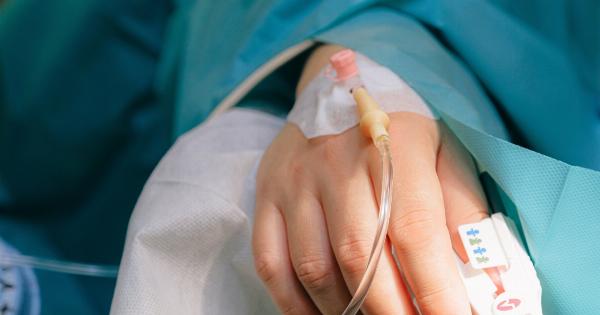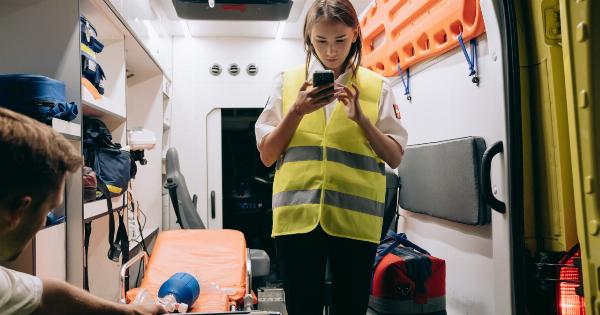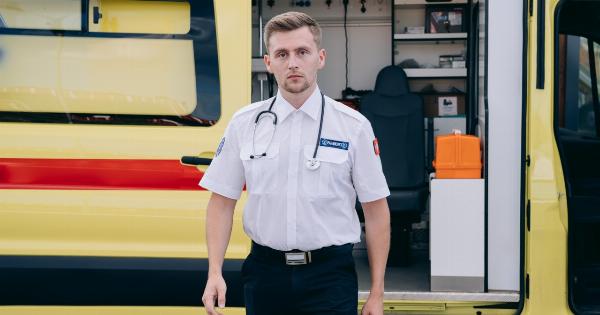Knowing when to seek immediate medical attention is crucial for your health. There are certain situations and symptoms that require urgent medical care to ensure prompt diagnosis and treatment.
This comprehensive guide outlines five common cases where seeking immediate medical attention is essential. Being aware of these signs and symptoms can help you protect your well-being.
1. Chest Pain or Pressure
Chest pain or pressure can be an indicator of a heart attack or other serious cardiac issues. If you experience sudden or severe chest pain that lasts for more than a few minutes, seek immediate medical attention.
Other symptoms that may accompany chest pain include pain radiating to the arms, jaw or neck, shortness of breath, dizziness, or sweating. Avoid dismissing these symptoms as indigestion or muscle pain and call emergency services right away.
2. Difficulty Breathing
If you find yourself struggling to breathe, it’s crucial to seek immediate medical attention. Difficulty breathing can be caused by various conditions, such as asthma, allergic reactions, pneumonia, or even a collapsed lung.
Any sudden onset of breathing difficulties should not be underestimated. Contact emergency services or visit the nearest emergency room without delay.
3. Loss of Consciousness
If someone loses consciousness, it is essential to seek immediate medical help. The person may have experienced a seizure, an acute medical event, or even a head injury. Call emergency services immediately and provide the necessary information.
While waiting for help to arrive, ensure the person is lying on their side to prevent choking in case of vomiting.
4. Severe Bleeding
Severe bleeding that fails to stop even with direct pressure is a medical emergency. Whether it’s a deep cut, a wound, or bleeding from an unknown source, it’s crucial to seek immediate medical attention.
Loss of significant amounts of blood can lead to life-threatening complications. Call for emergency medical services or visit the nearest emergency room for prompt evaluation and treatment.
5. Suspected Stroke
If you or someone around you experiences sudden numbness or weakness in the face, arm, or leg (especially if it’s on one side of the body), confusion, trouble speaking or understanding speech, difficulty seeing in one or both eyes, severe headache, or dizziness—the possibility of a stroke should be immediately considered. Call emergency services and clearly communicate the symptoms. Early treatment for stroke greatly increases the chances of a positive outcome.
Conclusion
Recognizing the signs and symptoms that require immediate medical attention can potentially save lives.
In cases of chest pain or pressure, difficulty breathing, loss of consciousness, severe bleeding, or suspected stroke, it is vital to seek immediate medical help. Do not hesitate to call emergency services or visit the nearest emergency room. Your health and well-being should always be the top priority.


























